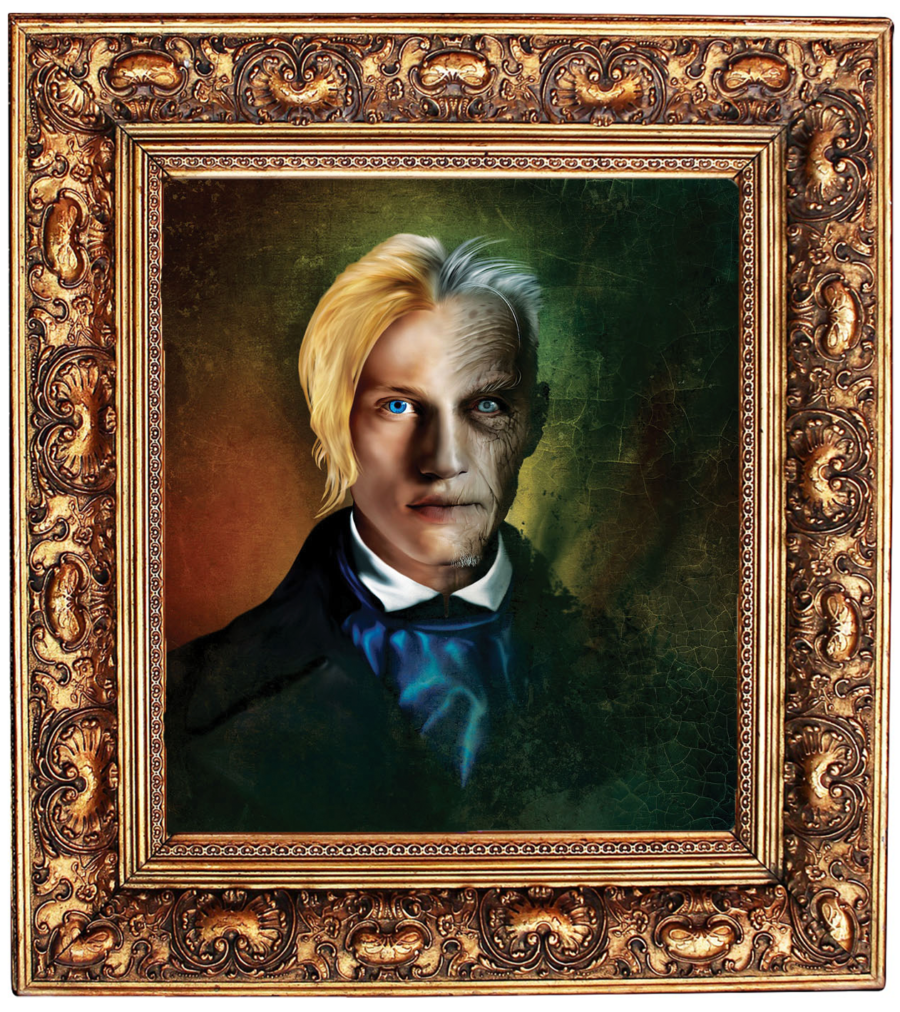Lionel Johnson’s 1897 poem, “A Decadent’s Lyric,” exemplifies an erotic atmosphere of the 19th century that can be used as a lens through which to analyze Oscar Wilde’s 1891 novel, The Picture of Dorian Gray. Johnson begins his poem by alluding to sex as a simultaneously joyful and shameful act. He writes, “Sometimes, in very joy of shame,/ Our flesh becomes one living flame” (Johnson 1-2). Joy generally connotes something holistic and good. Contrarily, shame connotes an act that must be kept secret for fear of criticism. Usually, shame is connected with immoral acts. Therefore, by uniting both shame and joy in the sexual act of “flesh becom[ing] one,” Johnson reveals that sex cannot be set apart as either solely joyful or solely shameful. To generalize the time period, people considered sex as a procreative act that was only moral when it occurred in private, between a husband and wife. Taken out of that setting, sex was considered shameful. Wilde’s novel has many erotic scenes that directly connect to Johnson’s sexual poem. However, more generally, Johnson’s poem suggests that he finds a sense of goodness in acts that other people consider immoral, and that such beautiful immorality can be good. This prioritization of beauty to immorality is directly materialized in Wilde’s novel.

Wilde prefaces The Picture of Dorian Gray by asserting the value of beauty and capturing the feelings of aestheticism. He writes, “Those who find ugly meanings in beautiful things are corrupt without being charming. This is a fault. Those who find beautiful meanings in beautiful things are the cultivated. For these there is hope. They are the elect to whom beautiful things mean only Beauty” (Wilde 3). The idea of beauty is subjective. Nevertheless, Wilde describes how if something could be considered beautiful, its beauty should be all it is appreciated for. Therefore, Wilde states that people who take things that possess any traits that could be considered beautiful and downgrade them as immoral or “ugly” are themselves “faulty,” “corrupt” people. To this extent, beauty should not be overshadowed by whether an act is moral or immoral. If people can see beauty in sexual acts, then that beauty should be celebrated. Wilde would condemn people who consider sex shameful because he would say they are limiting their perspectives.
Furthermore, Wilde uses Lord Henry in order to personify aestheticism. In chapter VI, Lord Henry states, “We are not sent into the world to air our moral prejudices” (Wilde 72). Henry, a manipulative man who challenges the way Basil and Dorian Gray live their lives, does not necessarily deny that people have moral prejudices. Rather, he believes that people can have them, but to articulate them and judge others would be wrong. Henry believes that if a thing is beautiful (which, again, is subjective and what one person considers beautiful another could consider horrid), people should praise it for its beauty. In this sense, Henry chooses not to find “ugly meanings in beautiful things,” but to find “beautiful meanings in beautiful things.”

Additionally, Henry takes pride in the enticing, beautiful nature of his immorality. He tells Dorian, “You will always be fond of me. I represent to you all the sins you have never had the courage to commit” (Wilde 77). Henry openly acknowledges that his lifestyle is full of “sins, but he believes it is those sins that make him beautiful to people like Dorian. Therefore, if there is a beauty in his lifestyle, he does not believe he should change it or focus on morality.
Johnson, Lionel. “A Decadent’s Lyric.” Aesthetes and Decadents, pp.121, 1897.
Wilde, Oscar. The Picture of Dorian Gray. New York, Penguin Classics, 1891.